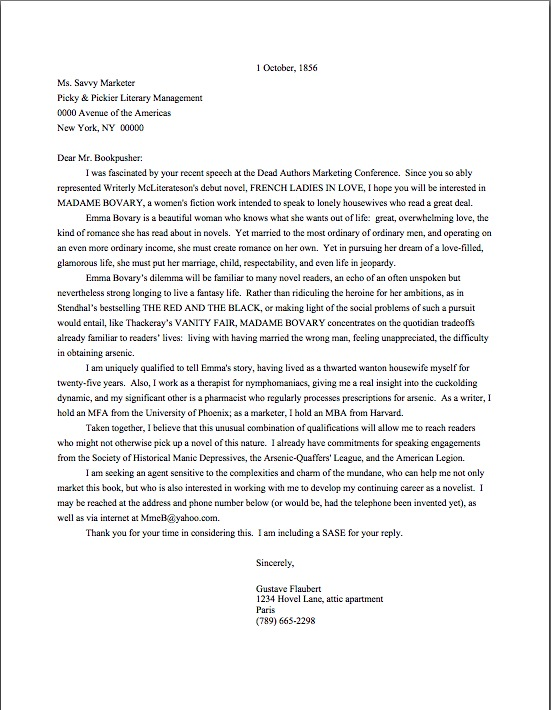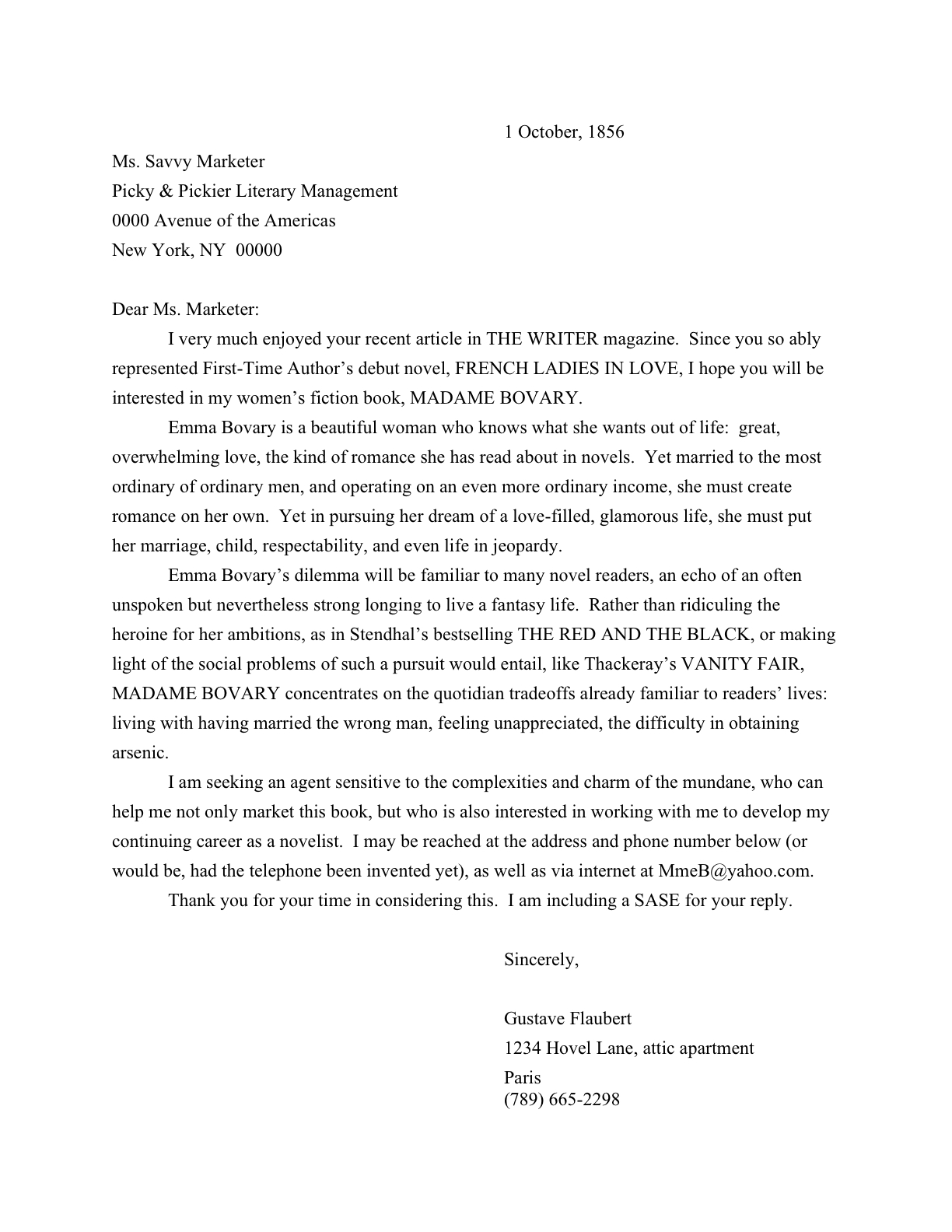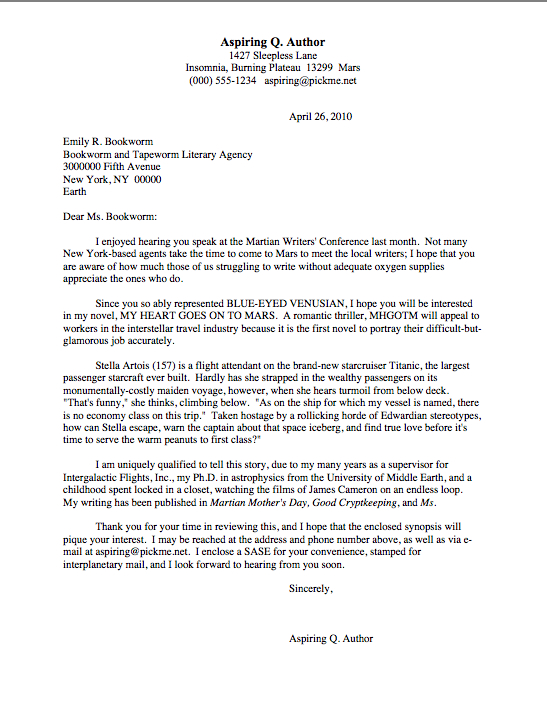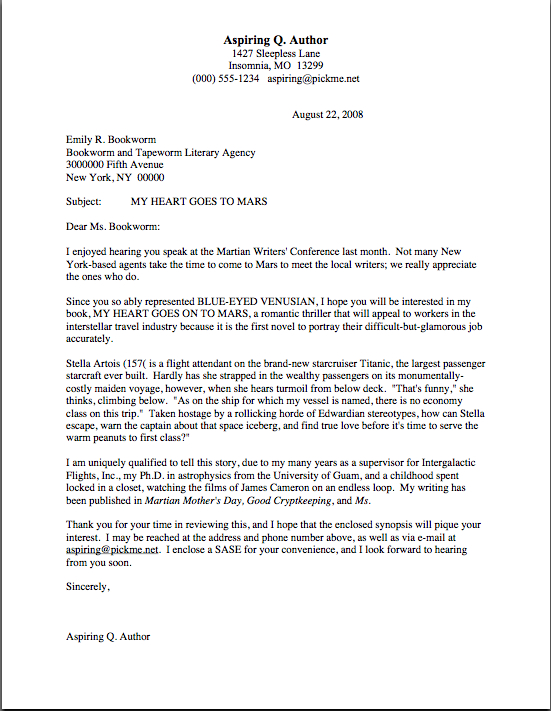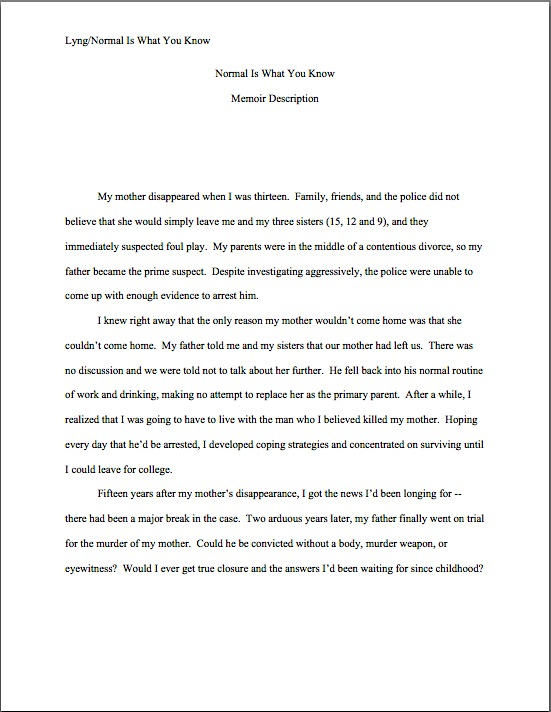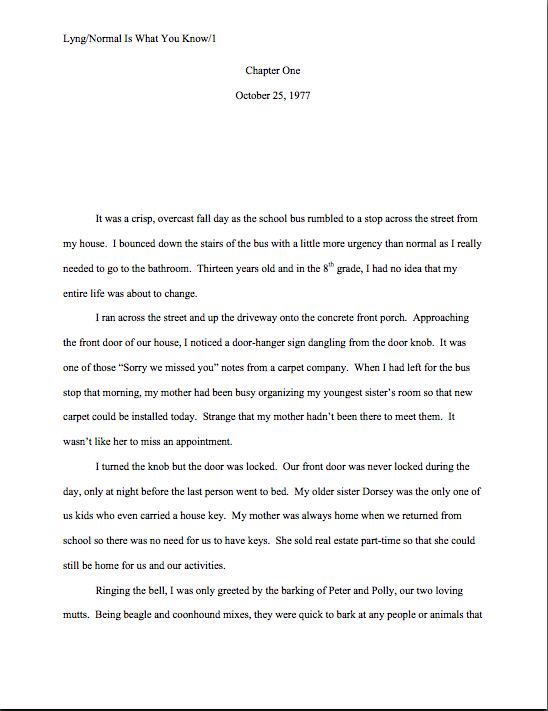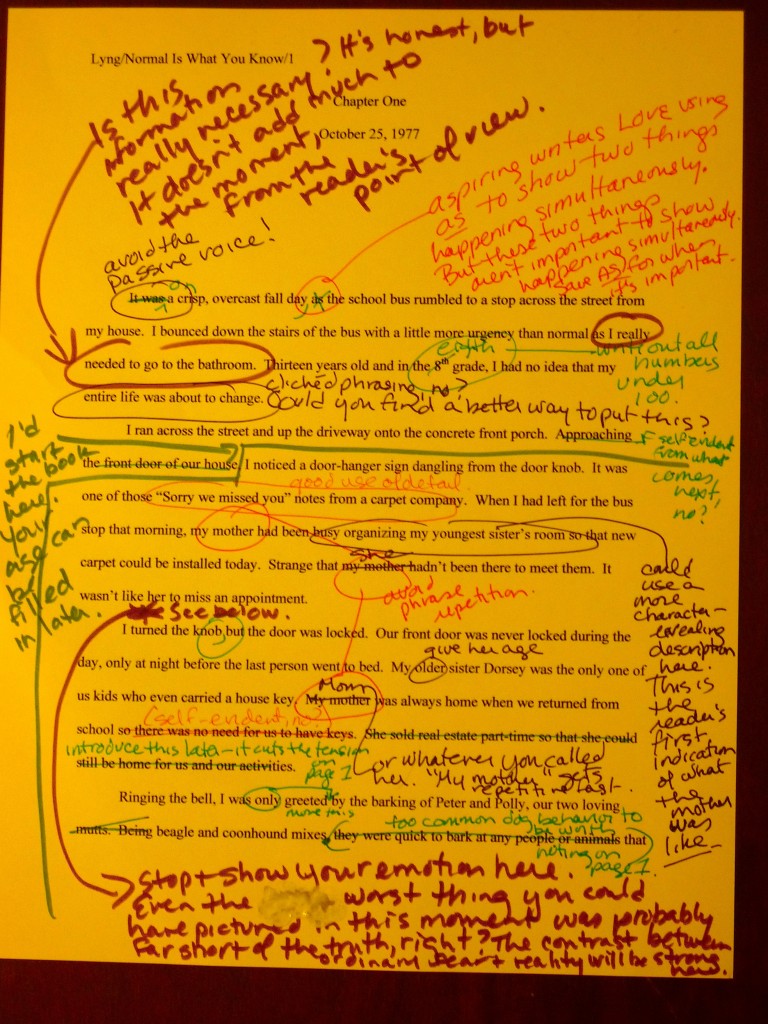Happy Bastille Day, everyone! How are you all feeling after our first foray into pitching, the much-feared practice of approaching an agent face-to-face to try to interest her in your manuscript, rather than via the far less intimidating query letter or e-mail?
That good, eh? If I had to picture the array of your reactions, I imagine they would look something like this:
Within mere seconds of posting yesterday, I felt the ether fill with four discordant emotions rising in a cloud from my readers: extreme panic, terrible annoyance, blank disbelief at having to write yet another marketing piece for your book over and above the query and synopsis, and a clawing, pathological fear that the thoroughness of the ‘Palooza approach would mean I would still be blithely dispensing advice on the subject a month after you were scheduled to pitch — or that somehow, you would manage to stumble into the one species of pitching situation I wouldn’t have covered. (Actually, there was a fifth miasma, gratitude from those of you who aren’t scheduled to pitch anytime soon, but the other smogs were so virulent that it took me a while to notice #5.)
Let me address the last and most complicated set of concerns first, as those who harbor them are likely to be the most impatient. Because writers at conferences do occasionally find themselves pitching in some rather odd and unanticipated contexts — hey, there’s a reason that one hears about elevator pitches — Pitchingpalooza will cover a broad array of hypotheticals for your preparation and worrying pleasure: formal pitches (the kind writers make appointments at conferences to give), impromptu pitches (the kind writers give when they happen to find themselves seated next to an agent at a conference luncheon or, yes, sharing an elevator), answers to the dreaded question, “So, what do you write?”, what to do after a pitch is successful, the works. I’m even going to be talking about how to transform a great verbal pitch into a fabulous query letter, and vice-versa.
So you might want to get comfortable; we’re going to be at it a while. For those of you who are heading out to conferences right away — there’s one in my neck of the woods in a couple of weeks, for instance — and need to pull together a pitch, pronto, I’ve lassoed a set of posts that will walk you through the absolute basics in record time and made them instantly available to the rushed under the evocative title HOW TO WRITE A PITCH AT THE LAST MINUTE. You’ll find the category on the archive list on the lower right-hand corner of this page.
Don’t say I never did anything for procrastinators. For those of you who have a little more time to kill, let’s take the scenic route.
For those of you stunned by the prospect of having to take still more time away from your writing in order to construct yet another document intended to impress agents into wanting to read your book, who could blame you? I’ve literally never met an aspiring writer who didn’t resent, at least a little, having to sell his work to the people he would like to sell his work. The good news about pitch-writing is that, unlike queries and synopses, writing one is completely optional for your first book. You are perfectly at liberty to pursue representation by means other than pitching.
Oh, you caught that emphasis on first book? As I mentioned last time, agented writers often pitch new projects to their agents and editors; like synopsis-writing, it’s a standard professional skill. Unlike learning to write a query — necessary at the beginning of a writing career, but not all that useful after one lands an agent — once you learn the basic technique for writing a pitch, you’re likely to be using it for the rest of your professional life.
But at the agent-finding stage, shy writers may breathe a sigh of relief: it is entirely possible, and indeed the norm, to approach agents in writing, not face to face. For you, this series will be more a tutorial in figuring out what your book’s selling points are and how to express them than a cheerleading session on how to work up nerve to walk up to an agent after she speaks at a conference and say, “Excuse me, Agent X, but I’m a great admirer of your work, and I could not get an appointment with you. Could you possibly spare me 30 seconds to hear my pitch?”
I know that last sentence made half of you break out in a cold sweat, but never fear: by the end of Pitchingpalooza, you might actually want to try that approach. Preparing both an elevator pitch (the 30-second variety) and a formal pitch (the 2-minute version one gives in a meeting) maximizes the probability of being ready no matter what pitching opportunity presents itself.
On to the most common reactions to constructing a pitch, panic and annoyance. Both are completely understandable, of course: the prospect of sitting down with an agent who may very well reject you on the spot, much less stopping her in a conference hallway, can be monumentally frightening. Rejection’s bad enough when it comes in the mail or in your inbox, right? And believe me, I can certainly identify with the annoyance of learning that connecting successfully with an agent or editor in a pitch appointment often requires substantial advance homework; conference brochures and websites tend to imply that all a writer has to do in order to impress the agent of her dreams is to show up ready to talk about her book. Preferably in three sentences or less.
Honestly, I’ve been blogging and teaching about pitching long enough to expect these reactions — and to know that there is only one thing I can say that will help the panicked and annoyed see why I’m so committed to making absolutely certain that all of my readers learn the basic skills of pitching, rather than just the ones who have appointments with agents at conferences in the weeks to come. It’s this:
A good 90% of pitch rejections have nothing whatsoever to do with the quality of the book being pitched
Yes, really: the vast majority of the time, pitch recipients say, “I’m sorry,” because of other factors, such as bad fit, a book category that the agent does not represent, an insufficient platform (that’s for nonfiction; don’t worry, we’re getting to that), an incoherent pitch (a common side effect of panic), lack of freshness in the story, the agent’s having had no success selling a manuscript, the writer’s looking just like someone who was really, really mean to the agent in high school (hey, they’re human), and so on, ad infinitum. Some of these factors, like the coherence of the pitch, lie within the writer’s control; some, like the resemblance to the high school bully, do not.
Throughout this series, we’re going to talk about how to tell the difference — and to prepare to handle the parts of the process you can control beautifully.
There. That made you feel a whole lot better, didn’t it?
Throughout Pitchingpalooza, I’m going to talk you through how to avoid the pitfalls that scuttle the average pitch. Let’s begin with the single most common reason agents give for rejecting both pitches and queries: they just don’t represent that book category.
Sound familiar? It should. Yesterday, I was waxing poetic on an must-follow piece of advice — if you are looking for an agent (as the overwhelming majority of writers willing to shell out the dosh to attend major conferences are), it makes sense only to invest in attending conferences where agents with a proven track record of selling with your type of book will be available for your pitching pleasure.
Feel free to derive an important corollary from this excellent axiom: from this moment on, resolve that you will pitch or query your book to agents who represent that kind of book. Approaching those who do not is a waste of your valuable time and nerve.
Seems so simple, put that way, doesn’t it? Yet every year, literally millions of aspiring writers either take a scattershot approach, querying fairly randomly (thus all of those “Dear Agent” letters that folks in the industry hate so much) or let the conferences do the selection for them, pitching to whoever is there with a winsome disregard for matching their books with the right agent.
Please don’t do that to yourself; as I pointed out last time, it can only end in tears.
I cannot say this often enough: a savvy writer does not want to be signed by just ANY agent — although, in the throes of agent-seeking, it’s certainly very easy to start believing that any agent at all would be better than none. You want to connect with the specific agent who is going to be able to sell your work quickly and well.
Believe it or not, even the surliest agent who ever strode contemptuously into a literary conference and brushed off a pitcher wants this as well. Good agents don’t like hurting aspiring writers’ feelings, after all; they merely want to sign authors of books they know they can sell — and believe me, they walk into pitch meetings quite aware of what the editors to whom they have already successfully sold books are looking to buy at the moment.
Being intimately familiar with the publishing market is, after all, part of their job. Pretending otherwise just to spare the feelings of the pitcher trembling in front of them at the moment may seem like kindness, but in the long run, it merely raises unwarranted hopes.
Don’t believe me? Go to any writers’ conference that provides pitching opportunities and have a chat with a few writers who are glowing because they talked an agent who doesn’t represent their kind of work into agreeing to read the opening pages. (Which is occasionally possible; many agents feel bad about saying no.) Then talk to those same writers a month or two hence, after those nice agents said no because — wait for it — they simply don’t handle that type of book.
“But I thought he liked me!” these rejected writers will wail. “We hit it off so well! It felt like we made a real connection.”
Perhaps you did, but at the risk of sounding cynical, a pleasant conversation at a conference is just a pleasant conversation at a conference; it’s not a commitment. For the sake of your own happiness, it’s vital to understand before you set foot in a pitch meeting that whether the agent likes a pitcher or not typically has very little to do with acceptance or rejection.
It’s nice if you get along, but remember, this is a business meeting, not speed dating. Despite what astonishingly many conference brochures imply, you’re not going to get signed on the spot, no matter how good your pitch is. Unless you happen to be a celebrity (in which case, why are you reading a blog about constructing a pitch? That’s what minions are for, is it not?) , no agent in her right mind is going to sign a client without reading a manuscript or book proposal.
As a writer, you should be happy about that: you want an agent to fall in love with your voice, don’t you? And weren’t some of you grumbling only yesterday about the unfairness of judging a book on a verbal pitch, rather than on the manuscript itself?
Besides, the agent you want for your work will not take on your project unless she thinks she can sell it in the current market with the connections she already has. So if she does not have a track record of selling books like yours to the editors who habitually acquire in that category, telling you so up front is actually doing you a favor, believe it or not. And although it won’t feel like it in the moment, so is explaining to you any difficulties books like yours are facing in the current literary market.
I’m sensing some disgruntlement amongst those of you who have pitched before (an improvement on panic and annoyance, certainly, but still). “But Anne,” these veterans of the conference wars protest, “that’s just an excuse to say no, isn’t it? There are plenty of books like mine on bookstore shelves right now, but I’ve had agents tell me that there’s no market for a book like mine. What gives?”
I’m very glad you brought this up, disgruntled protestors: many, many aspiring writers aren’t aware of the distinction between the current publishing market (what editors are looking to buy right now) and the current literary market (what’s occupying the shelves at your local bookstore). Books for sale to consumers right now were on the literary market at least a year ago — in most cases, more like two years — and since agents are seldom able to sell new clients’ books within a few days of signing them to an agency contract, any of those books by first-time authors were probably making the rounds of conferences and/or being queried three or more years ago.
Thus, what’s on the shelves right now isn’t necessarily the best indicator of the needs of the current literary market. An agent who is good at his job has to aware of both.
Which is, in case you were wondering, why agents tend to be so quick to reject what doesn’t fall within their sphere of influence. Since they are inundated with queries and pitches, it is in their best interests to weed out the absolutely-nots as swiftly as humanly possible — and although it is bound to be painful at the time, in yours as well.
Don’t believe me? Ask any author who has found herself spending a few years in the purgatory of a representation contract with an agent who didn’t have the contacts to sell her book, but still snapped up the book because it was in an at-the-time-hot book category. (Yes, it happens. Far more often than either the agented or agents themselves like to admit.)
So if an agent who doesn’t represent your kind of work rejects you — and this is equally true if it happens in person or in writing — be open to the possibility that it may not have anything to do with the quality of your writing or the idea you are pitching. It might just be a bad fit with that agent, or the agent’s current connections may not be looking for your kind of book.
Yes, no matter how beautifully it’s written. This part of the process is as much about practicality as about art.
I know it’s hard to accept it philosophically when your baby is rejected out of hand, but please bear the issue of fit constantly in mind while you are pitching and querying. Not only isn’t there anything personal about a bad-fit rejection — it does not even begin to be a fair test of how the book will fly with an agent who does represent that kind of work.
Allow me to repeat that, because it’s awfully important: a manuscript’s being rejected by an agent or editor who doesn’t represent that type of work is most emphatically not a viable test of its marketability amongst those who do.
Thus it follows with an elegant inevitability that if you want to know whether your book is marketable, you should pitch or query it only to those with whom such a test WOULD be a good indicator of how the publishing industry might view it. Or, to put it another way, the best way to avoid this kind of rejection is not to pitch or query your book to any agent that isn’t predisposed to be interested in it.
The same logic applies to pitch meetings with editors, by the way. No editor in the business acquires across every conceivable genre; in fact, most editors’ ability to acquire is sharply limited by their publishing houses to just two or three types of book. So it would be a waste of your pitching energies to, say, try to interest an editor who does exclusively mysteries in your fantasy novel, right?
Check before you pitch. Fortunately, at most conferences, gleaning this information is almost absurdly simple: virtually every conference that hosts pitching sessions will schedule an agents’ forum before the pitch meetings start, so attendees can hear from the agents’ very lips what they are there looking to acquire — and what kinds of pitches they most definitely do not want to hear. If you intend to pitch at the conference, do not, under any circumstances, skip this forum.
Yes, even if you were my rare prize student who went to the trouble of finding out prior to registering for the conference what the attending agents have been selling lately. Even for you, gold-star winner, attending the forum may have tangible benefits: since the publishing market mutates so often and so rapidly, the agent of your dreams may well be looking for a different kind of book today than last week. If so, she’s going to announce it at the forum.
Another solid reason to go hear the agents speak is — brace yourselves; this one is a trifle disillusioning — just because an agent is scheduled to attend a conference doesn’t necessarily mean that he will show up, particularly if the conference is a large one. Most of the time, it’s not the absentee agent’s fault. Crises come up at agencies all the time, so last-minute changes to the roster of pitchable agents attending a conference are common enough that veteran conference attendees regard it as the norm, rather than the exception.
Try not to think of this as rude; regard it as an opportunity. Chances are, someone on that panel is going to represent your kind of book; it may well be someone you had not previously considered. Keep an open mind, and listen well.
Speaking of pitching to editors, here’s another thing that any writer pitching at a North American conference absolutely must know: all of the major NYC publishing houses currently have policies forbidding their editors to acquire work by unagented writers.
Don’t believe me? Check their websites. For the adult book market, the policy is uniform. (Some YA imprints have different policies; again, it’s in your interests to check.)
This means, in essence, that the BEST that could happen if you pitched your book to an editor from one of these houses is that he might help you hook up with an agent. That’s rare, however. A far more frequent benefit: once you have independently landed an agent, it can give your book a slight advantage if your agent can say to an editor, “Oh, by the way, you met this writer at Conference X.”
Sort of changes how you view those much-vaunted conference appointments with bigwig editors, doesn’t it? Pitching to an editor at a major house might help your book in the long run, but it will not enable you to skip the finding-the-agent step, as so many aspiring writers believe. And although it’s somewhat counterintuitive, meeting with an editor at a smaller or regional house might be better for your publishing prospects than one from a major house: the former will generally have more leeway to pick up your book.
I’m bringing this up because in most of the flavors of common being-discovered-at-a-conference fantasy, an editor from Random House or someplace similar hears a pitch, falls over backwards in his chair, and offers a publication contract on the spot, neatly bypassing the often extended agent-seeking period entirely.
We all know the tune by now, right? Conference today, contract tomorrow, The Colbert Report on Thursday.
In reality, even if an editor was blown over (figuratively, at least) by a pitch, he might buttonhole one of the attending agents at a conference cocktail party on your behalf, and they might together plot a future for the book. That does occasionally happen (although it’s not nearly as common as it was ten years ago), but regardless, you’re still going to have to impress that agent before you can sign with the editor. And before you can impress either, the agent is going to have to request and read your manuscript. Although a surprisingly high percentage of conference brochures and websites tell attendees point-blank to bring copies of the manuscripts, just in case an agent or editor wants to read it on the spot, these days, that request is exceedingly rare.
Why? Have you seen what airlines are charging for checked luggage these days? Manuscripts are heavy; it’s almost invariably more convenient for the agent to have you mail or e-mail requested materials than for him to tote them home.
If it sounds as though some conference brochures have not been updated within the last decade, well, that’s not necessarily untrue. Frankly, I think it’s quite unfair to the editors from these houses that more conference promotional materials are not up front about the agented-work-only, considering that it’s hardly a secret. It’s common knowledge, at least amongst those already intimately familiar with the publishing market. Which means, incidentally, that most editors will assume that a writer attending the conference is already aware of it. It’s not as though the individual editor could change the status quo, after all, or as if he’s following the policy merely because he likes to taunt the hopeful.
Before any of you protest that at the last conference you attended, editors from the Big Five asked to see your opening pages regardless of your representation status, let me hasten to add that you are not alone: the we-accept-only-the-agented is most assuredly not the impression that most conference pitchers to editors receive. Unless they are asked point-blank during an editors’ forum how many of them have come to the conference empowered to pick up a new author on the spot — a question well worth asking at an editors’ forum, hint, hint — most editors who attend conferences will speak glowingly about their authors, glossing over the fact that they met these authors not in settings like this, but through well-connected agents.
See earlier comment about common knowledge. They honestly do think you know. It doesn’t mean that they can’t give you some valuable advice, or that pitching to them isn’t good practice. But trust me, no editor is going to jeopardize his job at Broadway by handing a contract to a writer his boss would throw a fit if he signed.
So why, you may be wondering, do editors from the majors attend literary conferences — and, once there, why do they request submissions?
This is an important question, because editors from the major houses request manuscripts from pitchers all the time, but not because they are looking to sign the author instantly on the strength of the book. Sometimes, conference organizers will insist that attending editors must agree to read at least a few pitched books; that doesn’t mean that those editors can waive their houses’ policies. In other cases — and editors talk about this one more than you might expect — they just want to get in on the ground floor if the book is going to be the next major bestseller.
No editor wants to go down in publishing history as the guy who passed on the next DA VINCI CODE or TWILIGHT, after all. It’s a gamble, pure and simple.
So even though they would almost certainly not in fact pick up the next DA VINCI CODE if its author did pitch to them at a conference, having a personal connection with the author is a great means of queue-jumping. If one of them is nice enough to you, you might tell your agent (once you hook up with one) that you want your potential bestseller sent to that editor first. Heck, if she’s nice enough to you, you might be gullible enough to insist that she gets an exclusive peek at it, so there cannot possibly be competitive bidding over the book.
Don’t laugh: it’s not a bad gamble, from their perspective. Aspiring writers have been known to get some strange ideas about loyalty owed to industry types who met them for a grand total of fifteen minutes once.
“But he liked me!” writers will tell their incredulous new agents. “We hit it off so well! It felt like we made a real connection.”
But deep in their steamy little hearts, those editors from major houses who ask you to send chapters will be hoping that you will land an agent before they get around to reading the manuscript they requested you send. If you are looking to pitch to an editor who might conceivably pick up your book right away, you are generally better off pitching to an editor from a smaller or regional house.
The overall moral: learning what individual agents and editors are looking for AND what their bosses will allow them to pick up (aside from the next DA VINCI CODE, of course) will help you target both your conference pitches and your queries more effectively. Everyone — not only you, but the agents and editors to whom you pitch — will be happier if you do.
Honest. Nobody concerned wants to break your heart gratuitously; it’s would be a waste of their scant bestseller-seeking time.
Getting a trifle depressed? Keep repeating to yourself: they don’t reject to be mean; they don’t reject to be mean; they don’t reject to be mean. They’re doing it to fight their way to the book they can support wholeheartedly.
Again, as a writer, you really should be glad of that. Trust me: after you do hook up with the right agent for your book, you’re going to be happy that they’re so selective.
Yes, really. Keep up the good work!










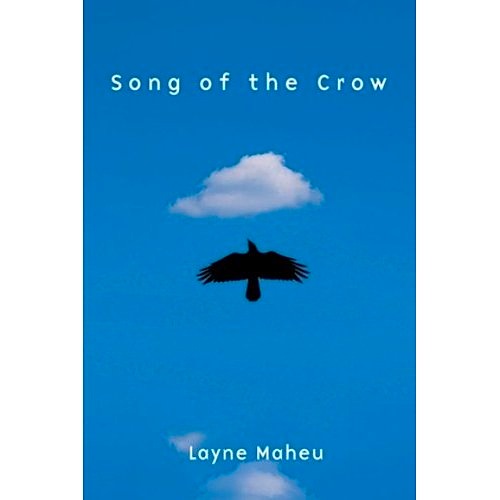




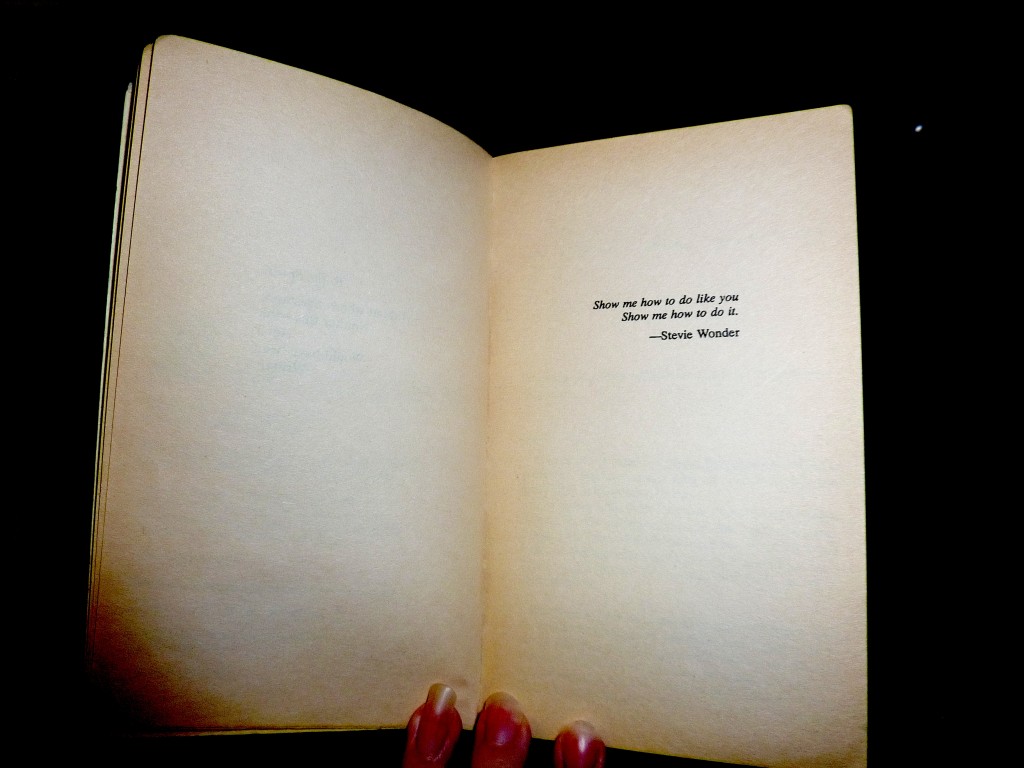

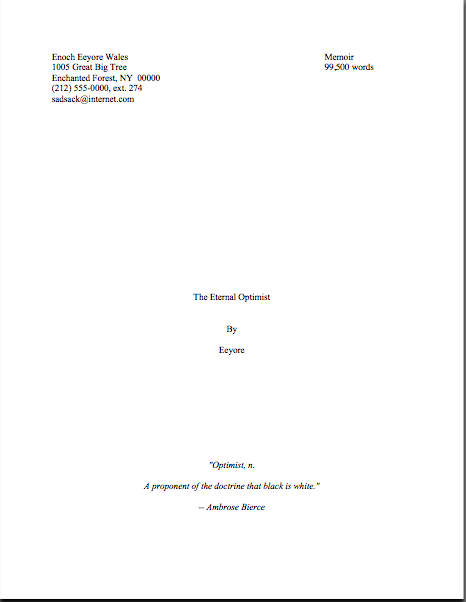
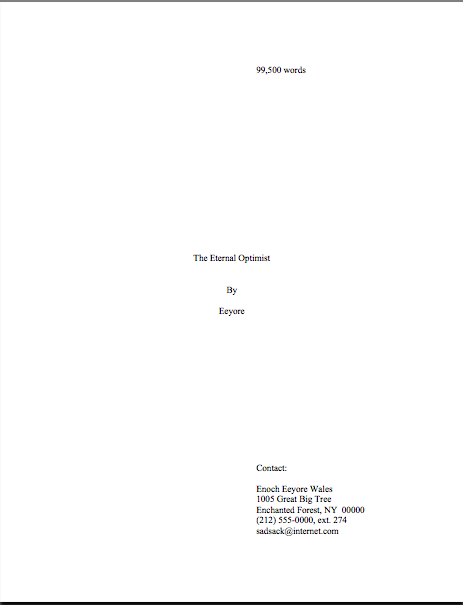
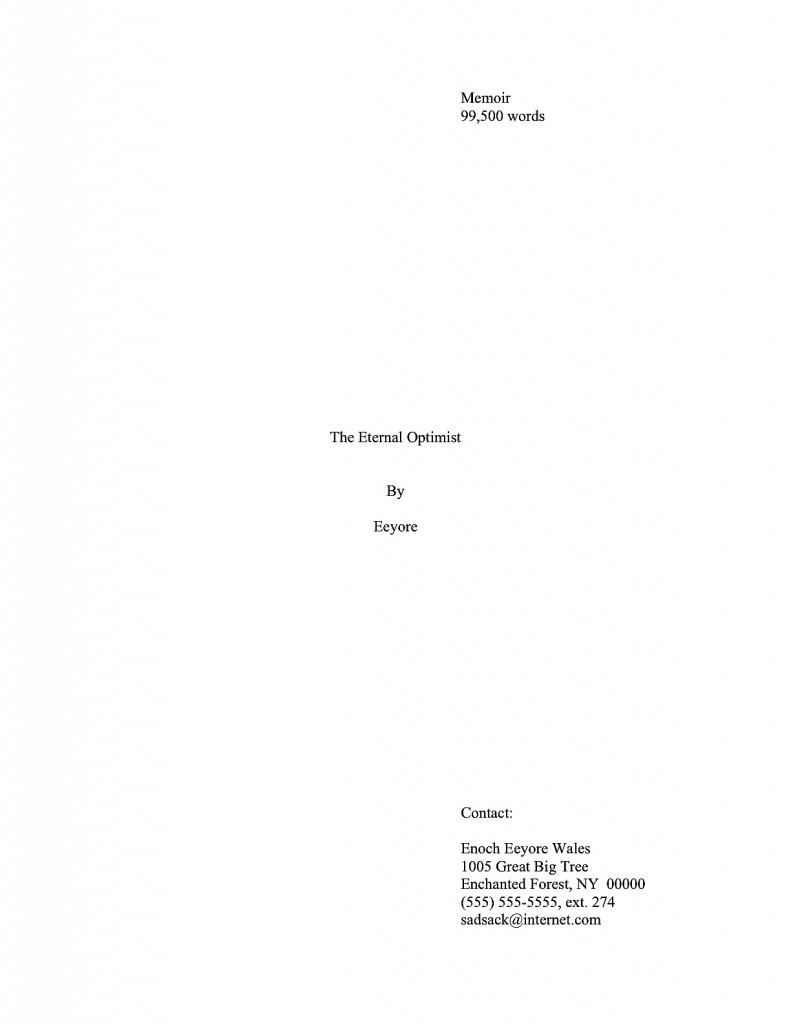
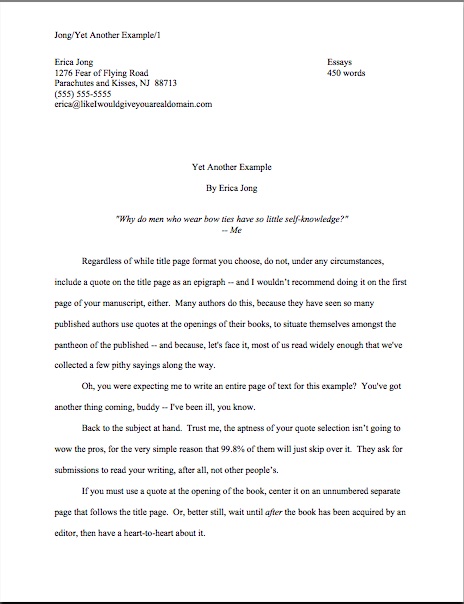


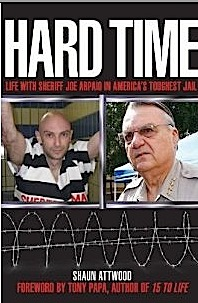

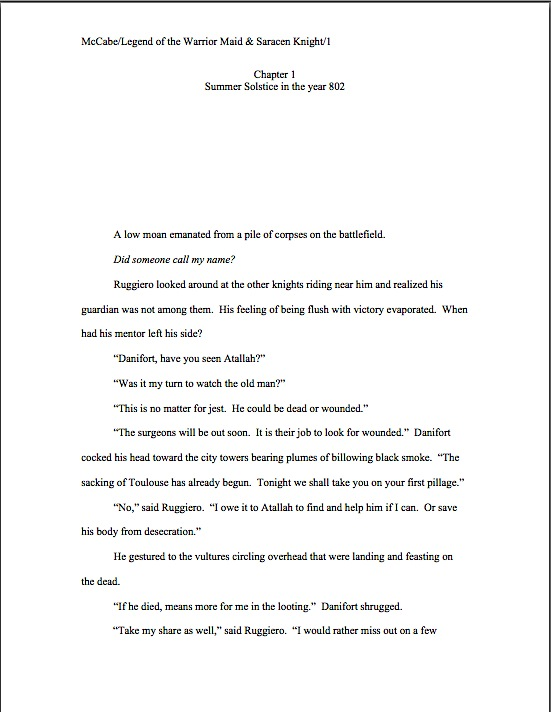
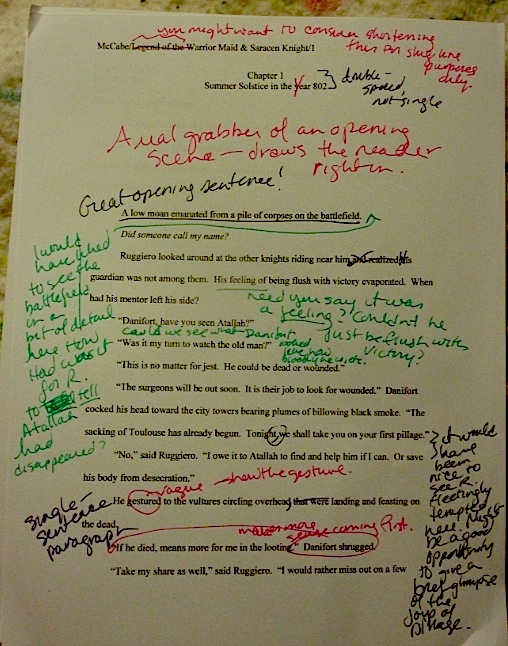
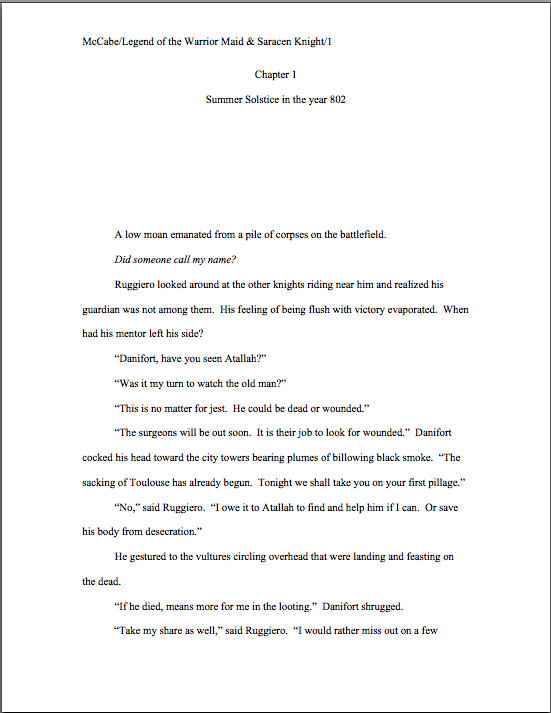






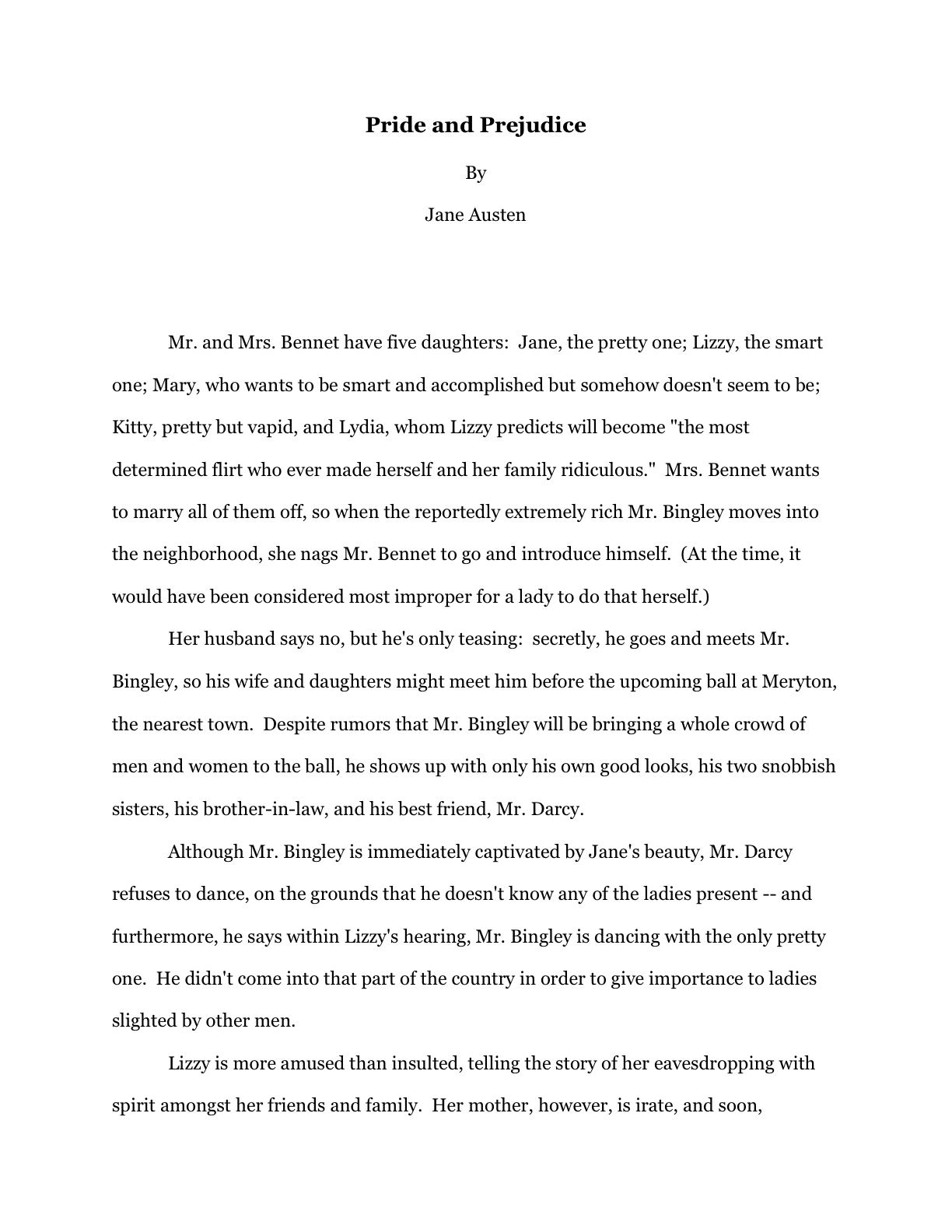
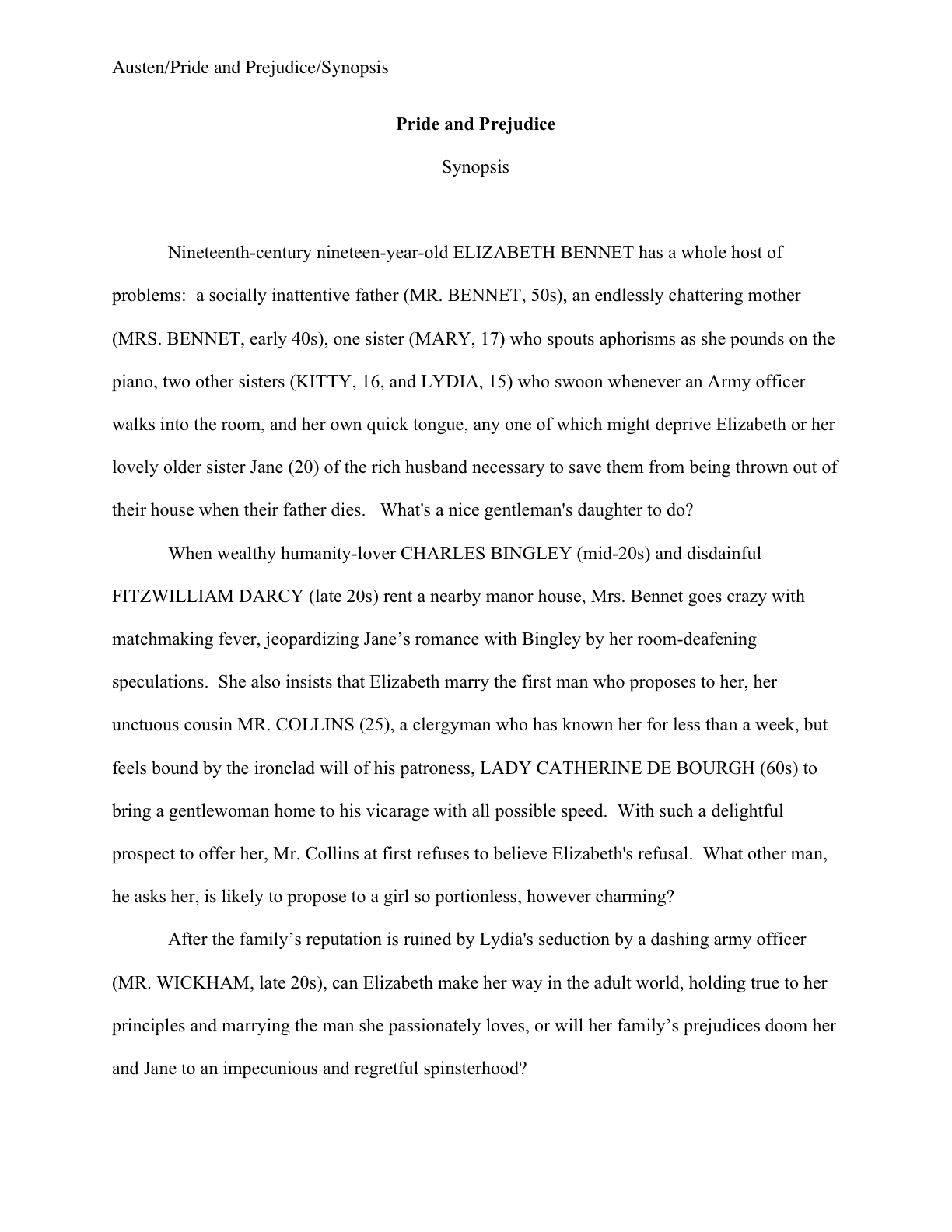
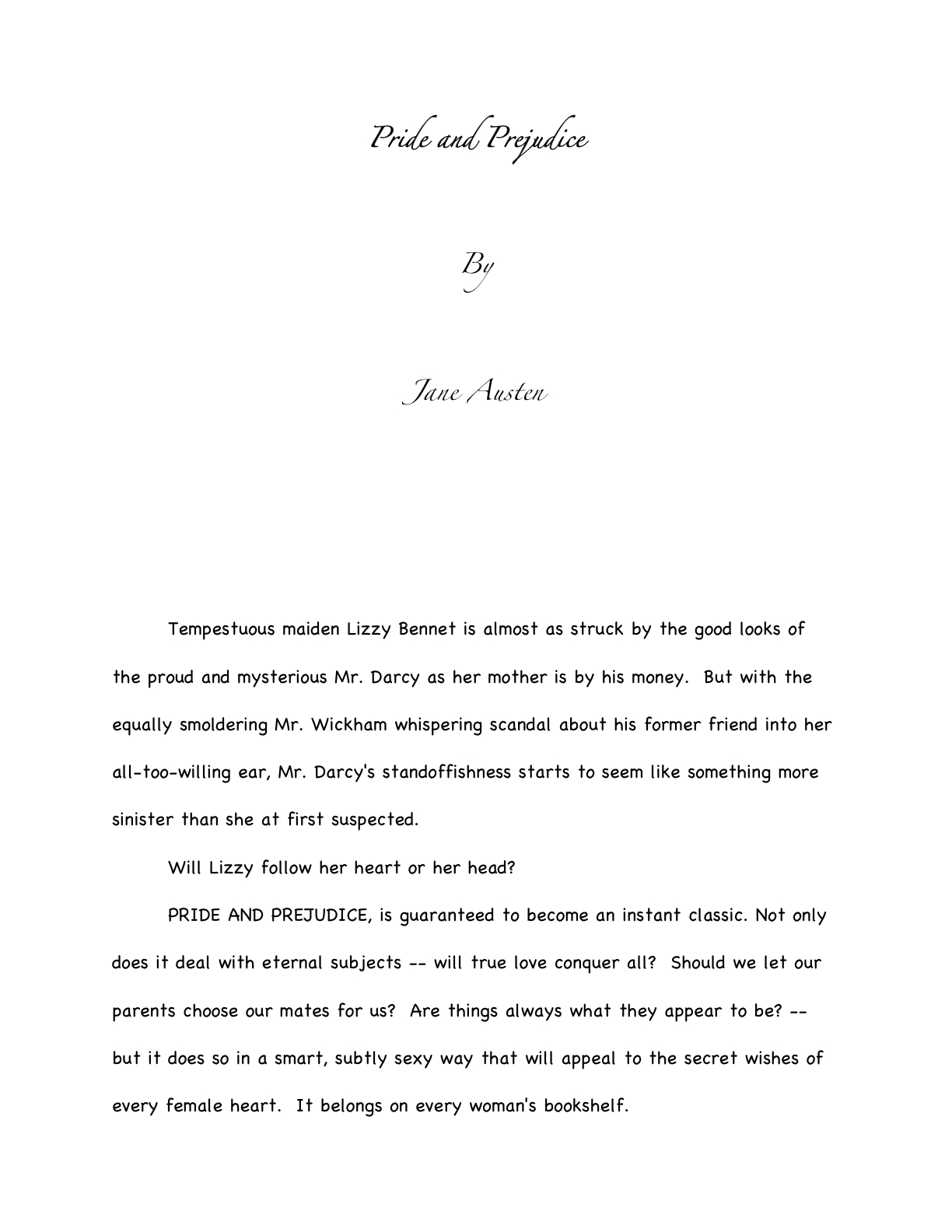






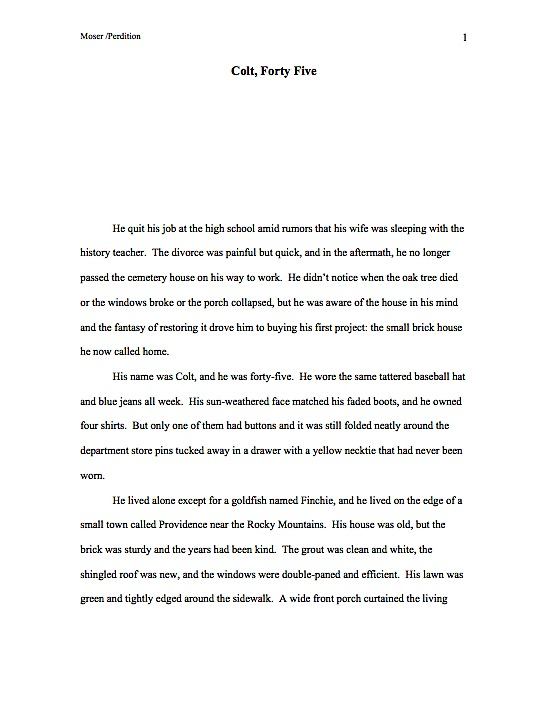

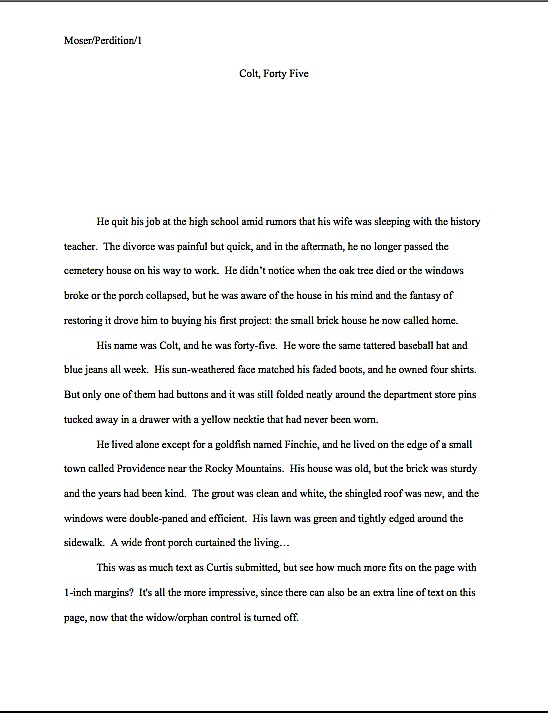
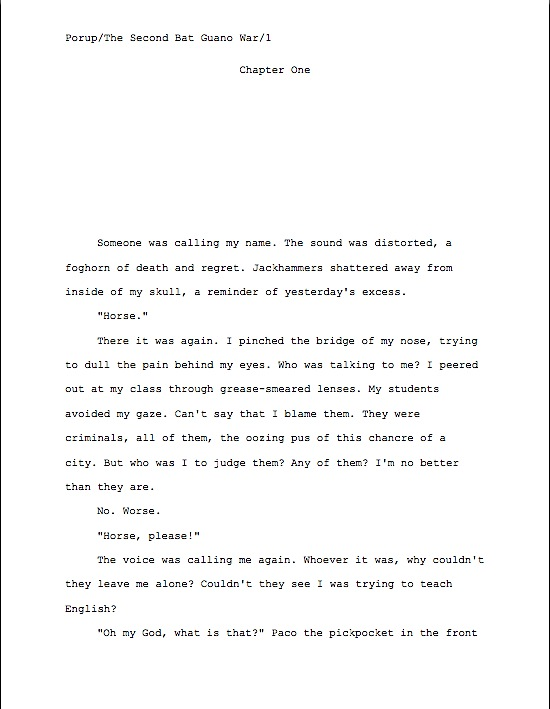
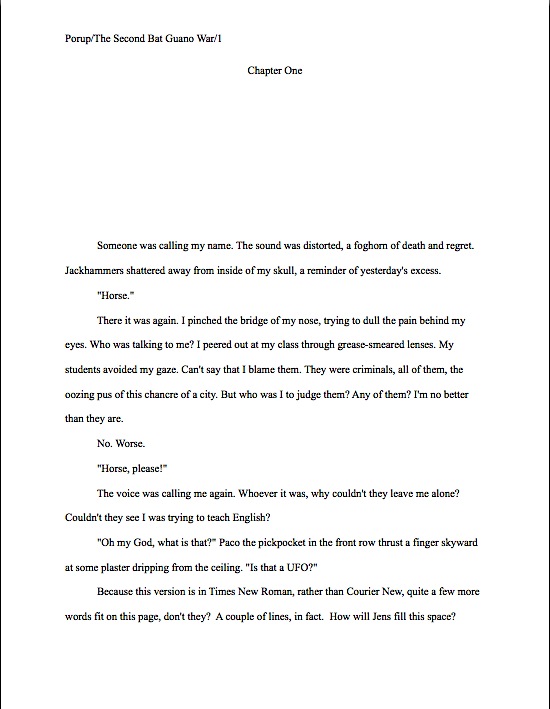
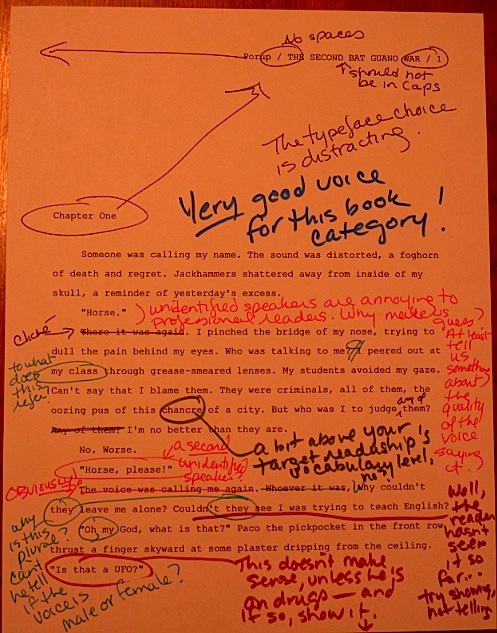
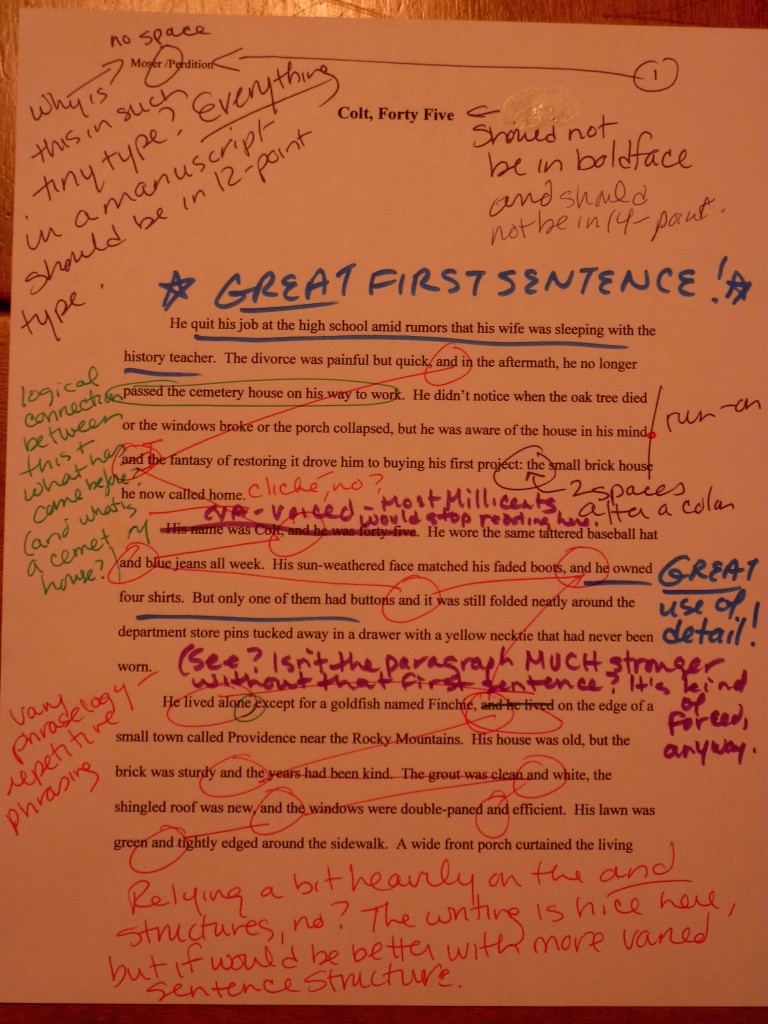
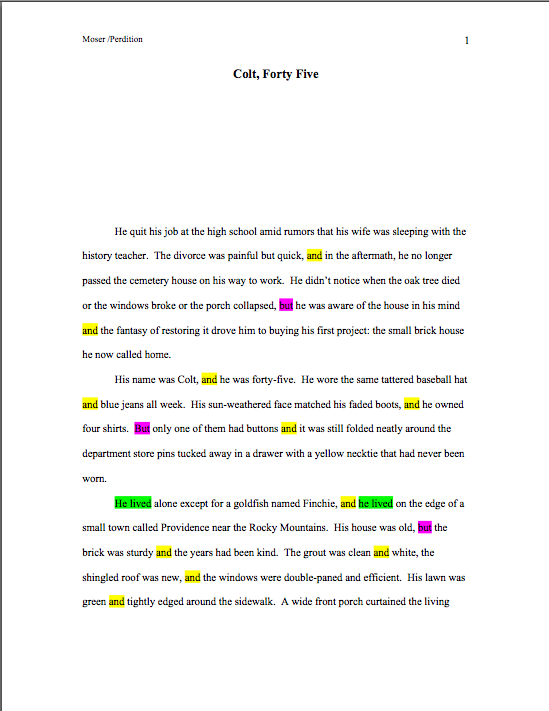
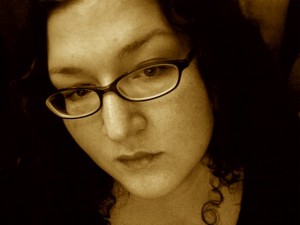
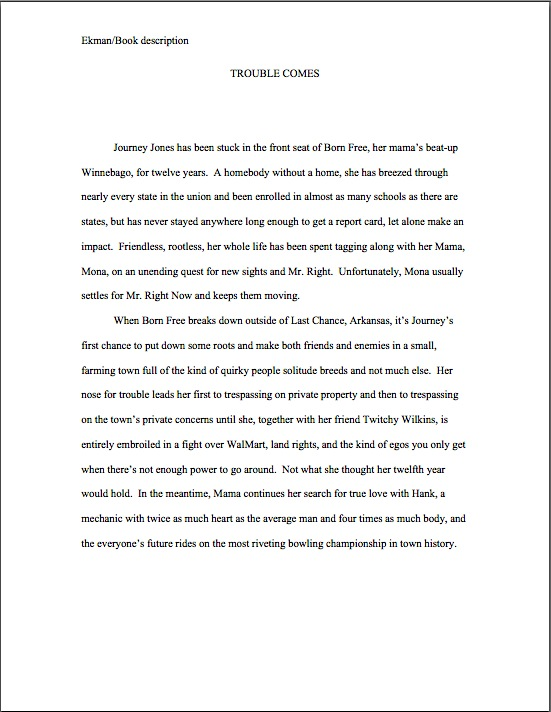
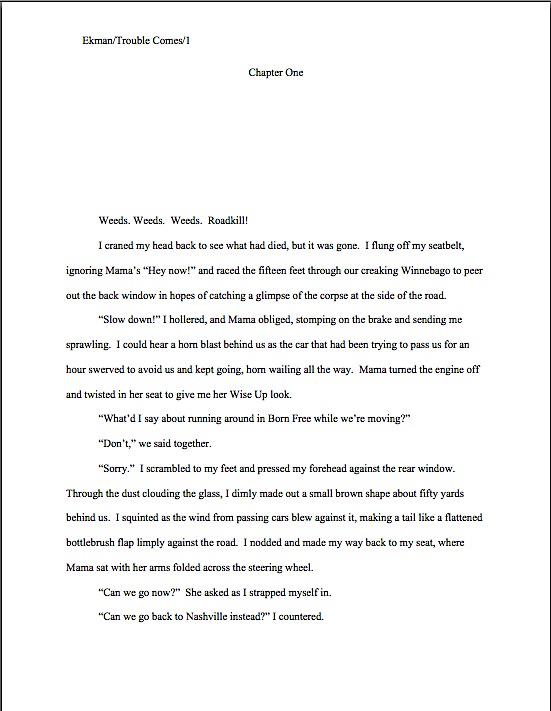
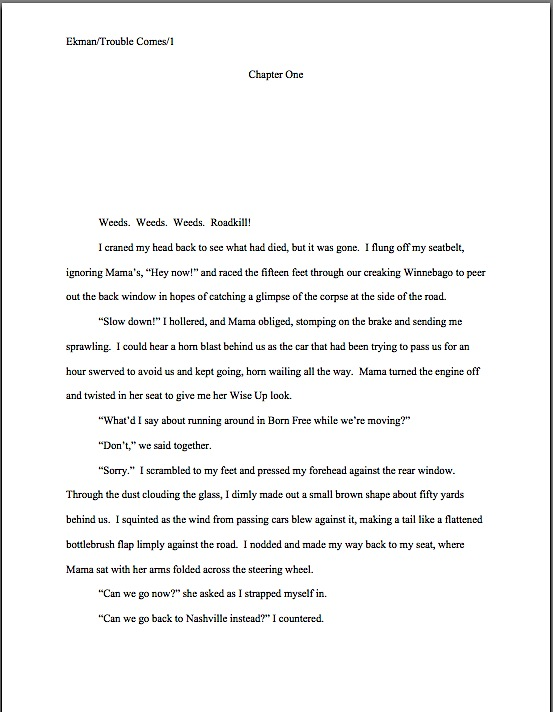
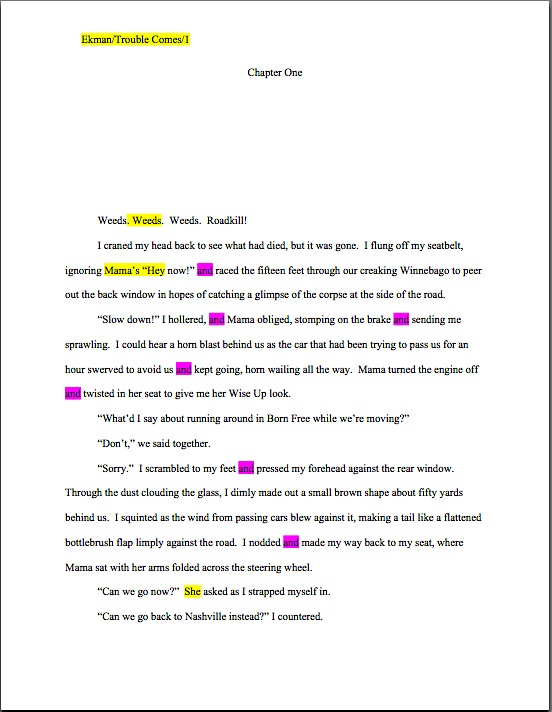
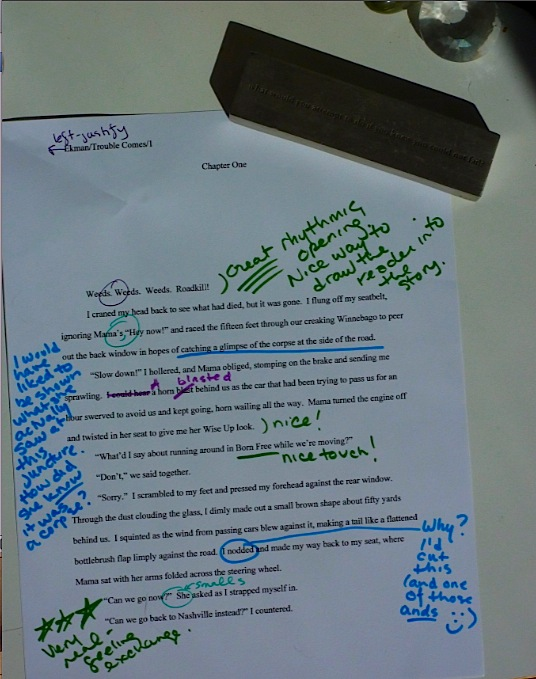



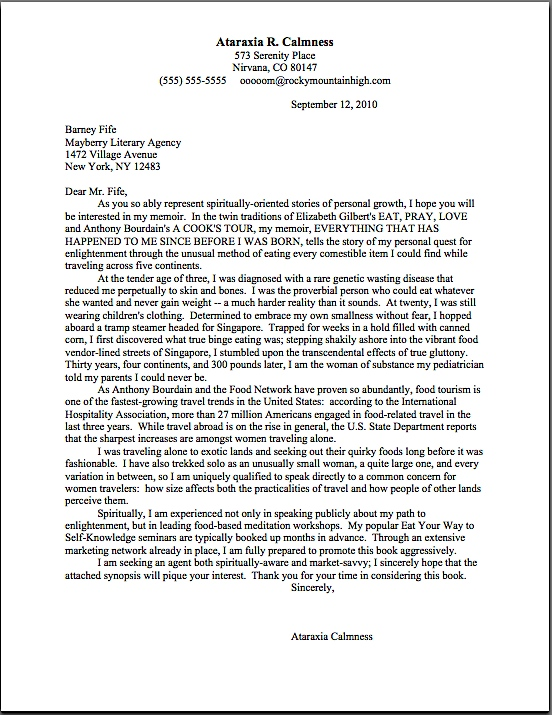
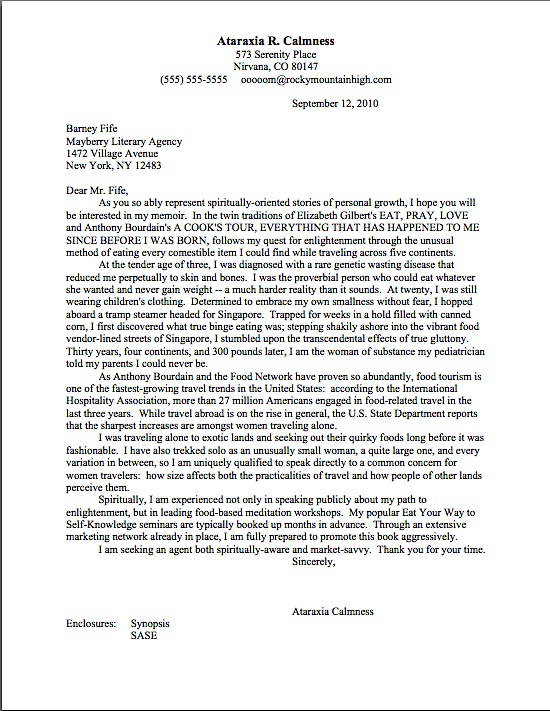
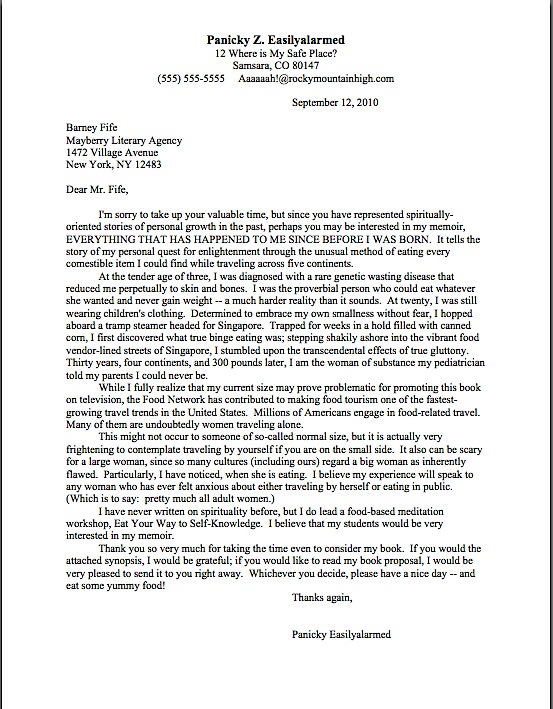

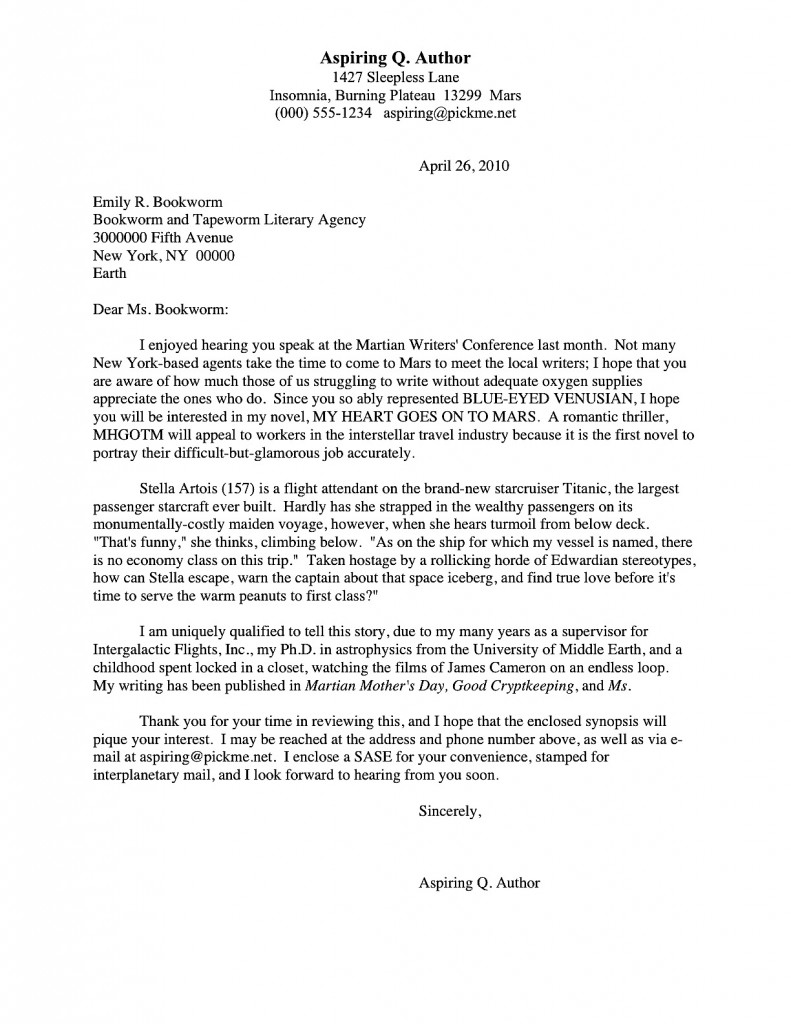

 The vast majority of queries are not read in their entirety before being rejected. Therefore, the first paragraph of your query is one of the very few situations in the writing world where you need to TELL, as well as show.
The vast majority of queries are not read in their entirety before being rejected. Therefore, the first paragraph of your query is one of the very few situations in the writing world where you need to TELL, as well as show.